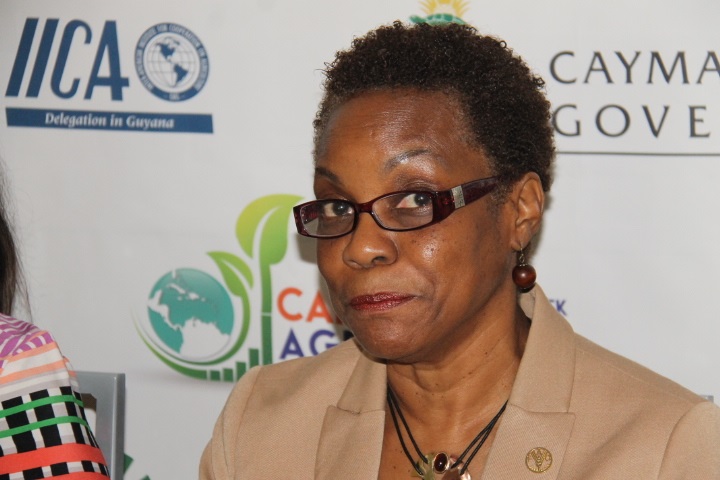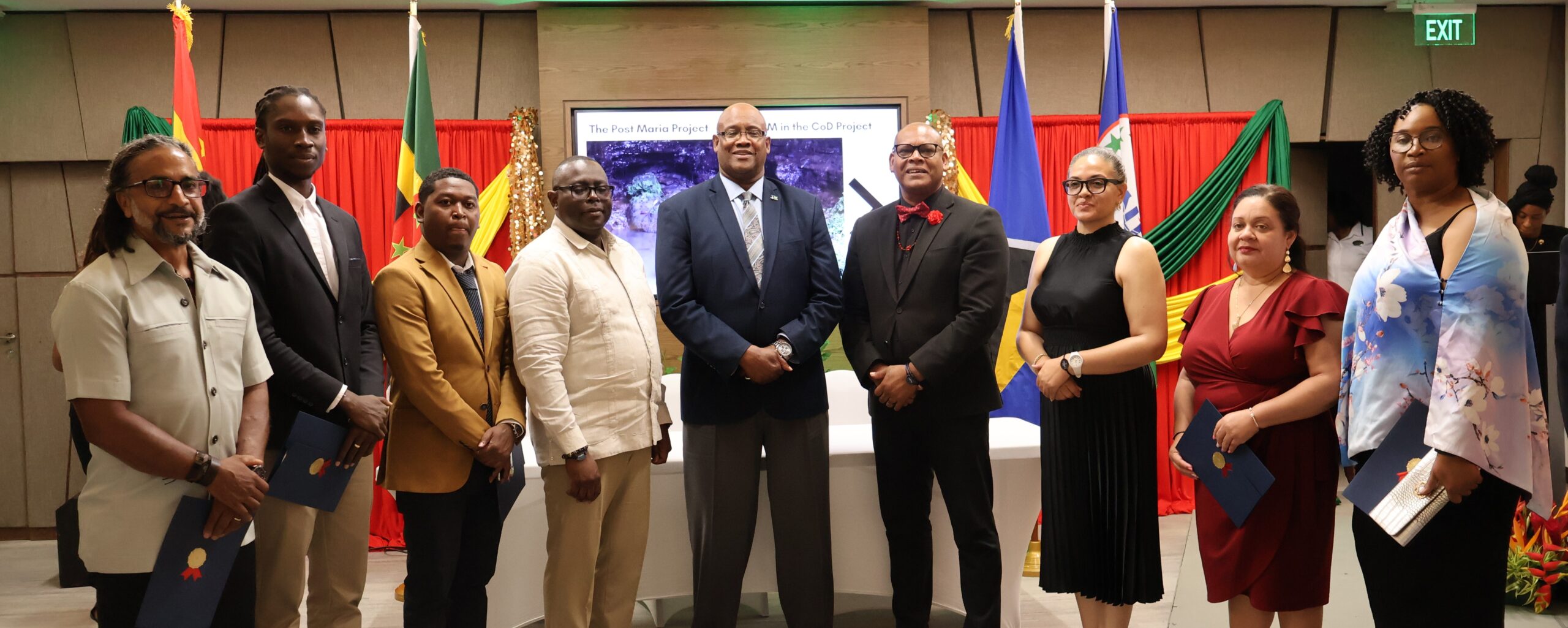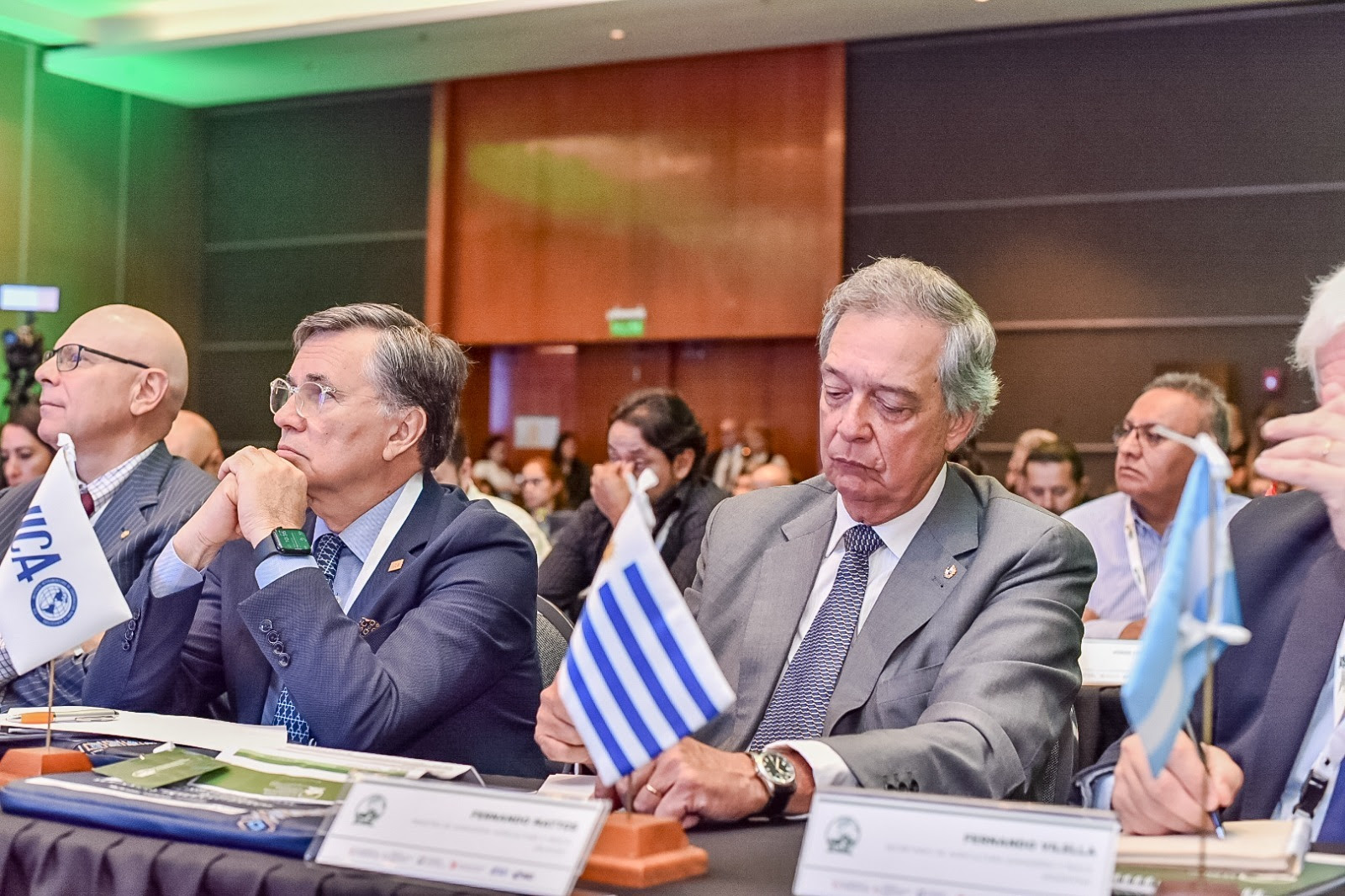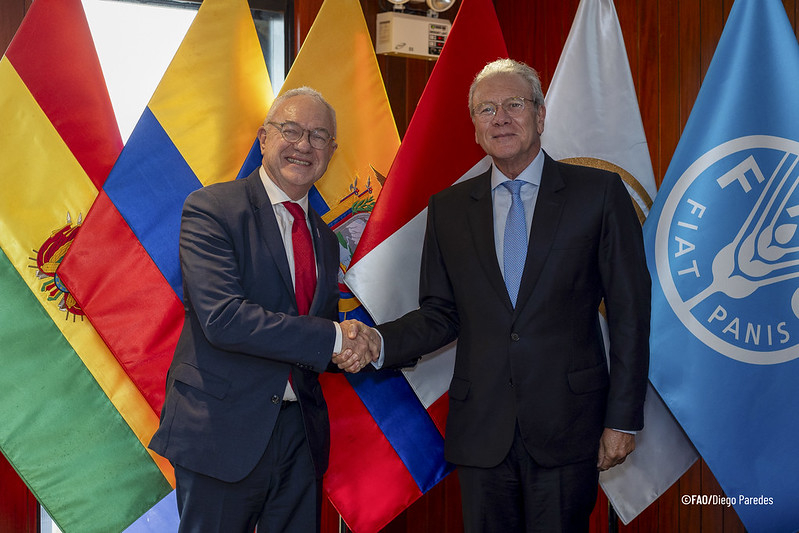Barbadians are literally eating themselves to death, warns a top official of the Food and Agriculture Organisation (FAO).
In addition, sub-regional coordinator for the FAO in the Caribbean Dr Lystra Fletcher-Paul cautioned that Barbadians’ appetite for “unhealthy” foreign foods was also costing the country a whopping $600 million each year.
Delivering a World Food Day lecture at the Ministry of Agriculture, Food, Fisheries and Water Resources Lystra Fletcher-Paul suggested that Government act swiftly to turn around this “serious situation” by making food security a priority.
“[Some] 87 per cent of the food that you consume is coming from abroad. And that food is processed carbohydrates. It’s high in sugar, high in fat [and] high in salt. You are literally eating yourselves to death. So, you must address this problem if you want to live a longer and healthier life,” the FAO senior representative insisted.
She also expressed concern about the rapid migration from urban communities to the rural districts which resulted in new housing developments replacing agricultural lands.
According to Lystra Fletcher-Paul, if Barbados wanted to be food secure, citizens had to have physical, social and economic access to sufficient, safe and nutritious foods which meet their dietary needs and preferences for an active healthy life.
Moreover, the official said food security required increased food production and enough stored in case of emergency.
“For the private sector, we are not only talking about the Massy Stores, not only the supermarkets, not only the hotels, we also talking about the farmers who are the biggest investors in agriculture,” Lystra Fletcher-Paul added.
The FAO official said there were investment opportunities for the private sector in agricultural inputs such as fertilizers, compost and irrigation as well as in farm machinery, soil conservation technologies and partnerships.
“For the public sector, Government has a role in creating the enabling environment to encourage that investment . . . . The Government can provide irrigation infrastructure for example; or there are existing schemes they can modernise,” she noted.
Lystra Fletcher-Paul also suggested that Government established land banks, create proper land titles for prospective owners, introduce machinery rentals, water information systems and conduct research and development.
She said also the population needed economic and physical access to food as another requirement for food security.
“Physical access means being able to take your produce to the markets. You need roads, you need transportation, you need storage. The infrastructure that is required to get your food to the market in the best possible quality that could fetch a good price,” she said, adding that economic access related to one’s ability to pay for the food.
The FAO official said one of the most important aspects of being food secure was access to safe food sources high in nutritional value.
“The best way to do it is to eat healthy local foods . . . grow your own food. That way, you can bet that you know what you put into the food,” Lystra Fletcher-Paul said.
She also recommended food stability through installation of early warning systems, building codes for livestock animal shelters and the establishment of a seed bank in Barbados to supply the region. (Barbados TODAY)




